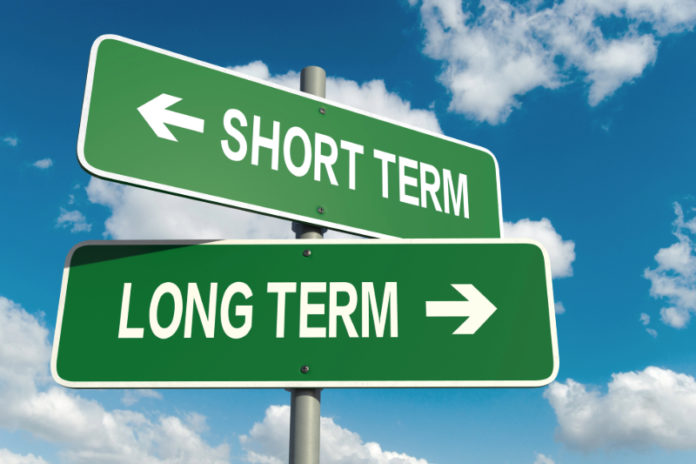Achieving long-term weight loss is a goal for many, but few succeed in making the change stick. This journey calls for a deep understanding of your own habits, a focus on the right goals, and the discipline to stay the course. In this article, we will break down the steps to help you achieve lasting success in your weight loss journey.
Setting the Right Goals: The First Step to Effective Weight Loss
Setting the right goals is essential for effective weight loss. Vague targets like “losing weight” won’t give you the direction you need. Instead, aim for specific, measurable, and realistic goals. For example, setting a target of losing five pounds in a month is more achievable and trackable.
- Specific: Know exactly what you want to achieve.
- Measurable: Track your progress to stay motivated.
- Realistic: Ensure your goals are attainable within your lifestyle.
Writing down your goals makes them more concrete and helps you stay committed. Place them in a visible spot so you can remind yourself daily. This constant reminder keeps you focused and driven. Remember, setting the right goals is the first step to your long-term success.
Identifying Your Triggers: Mastering Self-Control
Understanding what triggers your unhealthy eating habits is key to mastering self-control. Triggers can be emotional, like stress or boredom, or situational, such as social events. Recognizing these triggers helps you develop strategies to avoid or cope with them effectively.
- Emotional Triggers: Stress, sadness, boredom.
- Situational Triggers: Parties, dining out, holidays.
- Solutions: Mindfulness, alternative activities, support networks.
To further master self-control, practice mindfulness. This involves being aware of your thoughts, feelings, and actions in the moment. By recognizing when you are likely to overeat, you can take steps to prevent it. Self-awareness is a powerful tool in your weight loss arsenal.
Eating to Stay Full: Smart Food Choices for Weight Loss
Choosing foods that keep you full longer can make a big difference in achieving long-term weight loss. Foods high in fiber and protein are excellent choices. They take longer to digest, helping you stay satisfied and reducing the urge to snack between meals.
- High-Fiber Foods: Whole grains, vegetables, fruits.
- High-Protein Foods: Lean meats, beans, nuts.
- Low-Calorie, Nutrient-Dense Foods: Leafy greens, berries, fish.
Drinking plenty of water is also crucial. Sometimes, our bodies confuse thirst with hunger, leading to unnecessary eating. Make sure to drink water throughout the day to stay hydrated and aid digestion. Smart food choices pave the way for a sustainable diet.
Celebrate Your Weight Loss Success (Without Food Rewards!)
Celebrating your weight loss milestones is important for motivation, but using food as a reward can undermine your progress. Instead, choose non-food rewards that make you feel valued and appreciated. This could be treating yourself to a new outfit, a massage, or a fun activity.
- Non-Food Rewards: New clothes, spa days, hobbies.
- Social Celebrations: Share your achievements with friends and family.
- Personal Rewards: Time off, a day trip, new books or gadgets.
Acknowledging your hard work is essential to maintaining motivation. Each milestone, no matter how small, is a step toward your ultimate goal. These celebrations reinforce positive behavior and keep you excited about your journey.
Tracking Your Progress: The Key to Staying on Course
To achieve long-term weight loss, it is crucial to keep track of your progress. Regularly monitoring your achievements helps you stay motivated and identify any areas that need adjustment. Keep a log of your weight, measurements, and even how you feel mentally.
- Track Weight: Use a scale once a week.
- Monitor Measurements: Measure waist, hips, and other relevant areas.
- Journal Your Journey: Note your emotions, struggles, and victories.
Consistency is key. By regularly updating your progress, you can see how far you have come and what still needs work. This keeps you focused and on course. Remember, tracking is not just about the numbers but about understanding and improving your overall well-being.
Navigating the path to long-term weight loss success is a journey that requires dedication, self-awareness, and smart choices. Setting the right goals, understanding your triggers, making intelligent food choices, celebrating your success without food, and tracking your progress are all vital steps in this journey. Stick with these strategies, and you will find yourself not only reaching your weight loss goals but maintaining them for the long haul.


